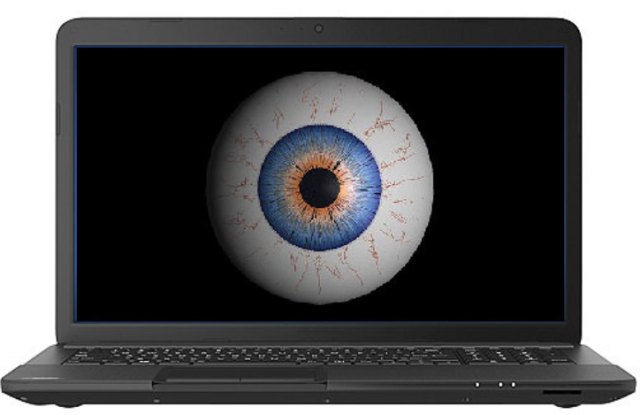
The Foreign Intelligence Surveillance Court, the one that NSA whistleblower Edward Snowden revealed is allowing the government to obtain the metadata of every phone call to and from the United States, approved every surveillance request from US authorities in 2015.
Reuters news service, which reviewed a secret document outlining the figures, reported that the FISA Court granted every one of the 1,457 surveillance applications last year. The scope of the surveillance is unknown but vast. A single application is all it takes for the FISA Court to require the nation's telcos to scoop up and retain the telephone metadata on all phone calls. The court, based in the District of Columbia and whose members are appointed by the Supreme Court's chief justice, approved every one of the 1,379 applications for the year 2014 as well, according to the memo.The memo said the FISA Court, which was created in 1978 with the stated goal of acquiring intelligence on foreign suspects, had modified 80 warrant applications last year, up from 19 the year before.
In a related bit of surveillance figures, the memo said the FBI issued 48,642 National Security Letters last year. The government has not been as forthcoming with the number of NSLs it has been issuing as it has been in the past, but the numbers on the memo closely align with figures from a decade ago.
The NSLs are issued to banks, ISPs, car dealers, insurance companies, doctors, and others. The letters, which demand personal information, don't need a judge's signature and come with a gag to the recipient that generally forbids the disclosure of the NSL to the public or the target. These subpoenas are considered to comport with the Fourth Amendment, as the courts have generally stated that the information sought in the letters is a business record not protected by the Constitution.
reader comments
80